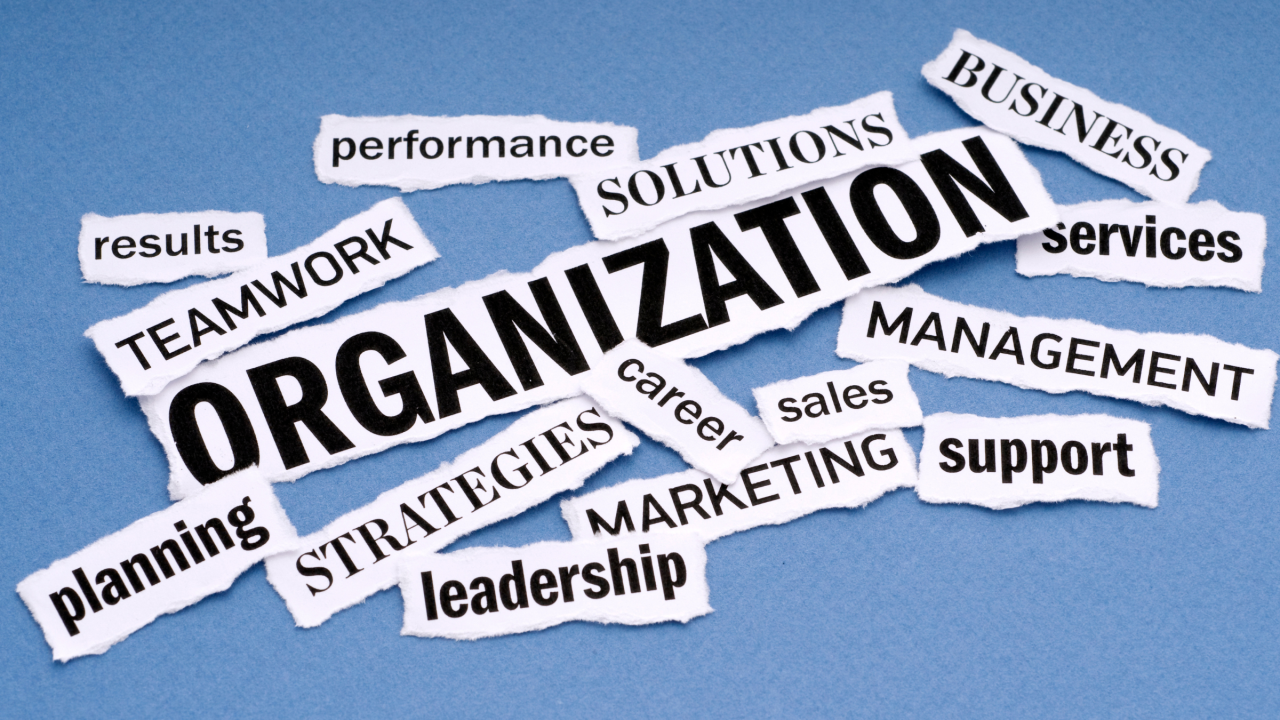Organizational Effectiveness: The Key to Business Success

Organizational effectiveness is the concept of how proficient an organization is in accomplishing its goals and objectives. It's a measure of how well an organization utilizes its resources - people, time, and money - to achieve desired outcomes. The importance of organizational effectiveness cannot be overstated as it impacts every area of a business, from productivity and leadership to employee engagement and strategic planning. In this document, we will explore the key components of organizational effectiveness and how it leads to business success.
Strategic Planning
Effective organizations have a clear vision for their future and a well-defined roadmap to get there. This involves setting long-term goals and objectives, as well as short-term action plans to achieve them. Strategic planning involves setting long-term goals and determining the best approach to achieve them. It's about aligning the organization's resources and efforts toward a common direction. A strong strategic plan provides a clear sense of direction and purpose for the entire organization, allowing everyone to work towards the same end goal, eliminating silos and wasted work.
Goal Setting & Work Alignment
Many organizations are busy. Calendars are full, but is the busyness aligning to achieving business objectives? Goal setting is a critical component of strategic planning. It involves establishing specific, measurable, achievable, relevant and time-bound objectives that guide the organization's actions. It gives organizations the best way to link every team member's work to the progress of the company giving employees more purpose and meaning to their work.
When goals are well-defined, employees know what is expected of them and can align their efforts accordingly. This leads to increased productivity, as employees are focused on achieving objectives rather than just completing tasks.
Leadership
Strong leadership is paramount for the success of any organization. It entails guiding and inspiring employees to unleash their full potential. Effective leaders possess the ability to articulate a clear vision, motivate their teams, and drive transformative change. They demonstrate empathy, foster a psychologically safe environment, encourage open communication, empower teams, and approach problem-solving without casting blame. These exemplary leadership qualities cultivate a positive workplace culture and enhance employee engagement, ultimately leading to superior performance.
Productivity
Productivity is about making the best use of resources. It's not just about working harder, but working smarter and finding ways to get more done with less. In an effective organization, productivity is measured not just by output but also by the value and impact of that output. This requires efficient processes, streamlined workflows, and continuous improvement efforts. When employees are productive, they can focus on high-value tasks and contribute to the overall success of the organization.
Employee Engagement
Employee engagement is about creating a work environment where employees feel valued and involved. Engaged employees are more likely to go the extra mile, resulting in higher productivity and better business outcomes. Organizations that prioritize employee engagement foster a culture of trust, respect, and collaboration. They offer opportunities for growth and development, recognize and reward employees for their contributions, and ensure work-life balance. This leads to higher job satisfaction, lower turnover rates, and improved overall organizational performance.
Workplace Culture
Lastly, workplace culture refers to the shared values, beliefs, and attitudes within an organization. A positive culture promotes teamwork, boosts morale, and contributes to overall organizational effectiveness. Organizations that cultivate a positive workplace culture have higher levels of employee satisfaction, productivity, loyalty and customer loyalty. They prioritize diversity, inclusion, and equity, foster open communication and collaboration, and promote a healthy work-life balance.
The Takeaway
Organizational effectiveness is more than just a buzzword—it's a critical factor in business success. It's about creating an environment where everyone works together towards common goals, where leaders inspire, where employees are engaged, and where productivity thrives.
At Be Kind Lyfe, we're committed to helping organizations of all sizes enhance their effectiveness and achieve their goals, because when an organization is effective, everyone benefits—the business, the employees, and ultimately, the customers. Want more information on how organizational effectiveness can support your culture? Schedule a consultation today!
#OrganizationalEffectiveness #BusinessGoals #Success #ContinuousImprovement #OrganizationalCohesion #InvestInSuccess #KindCulture

